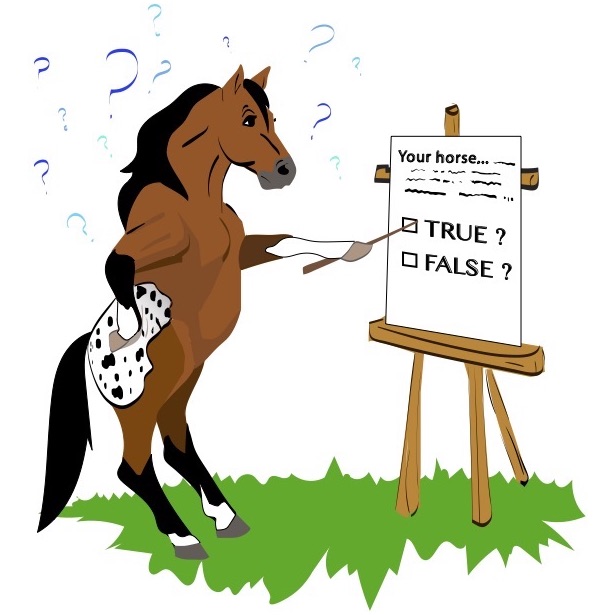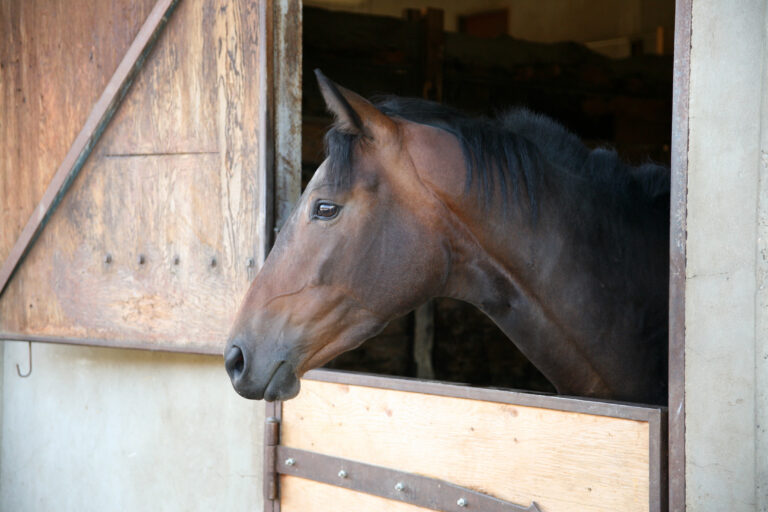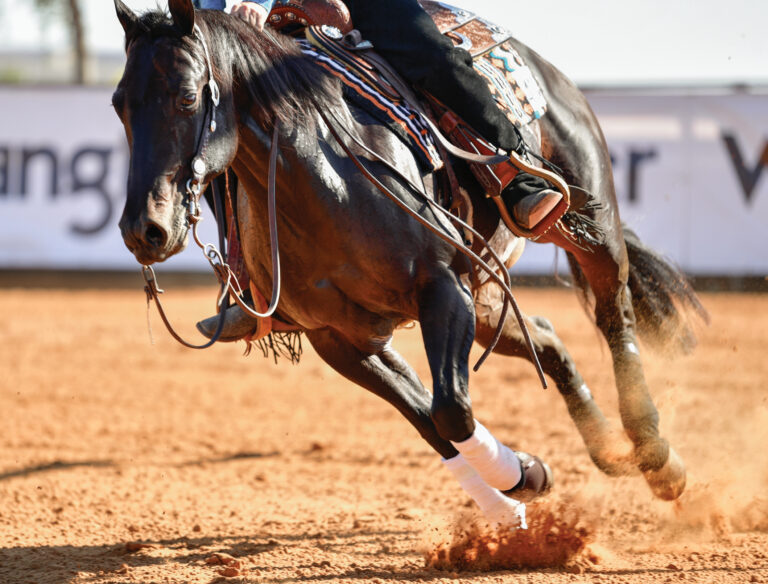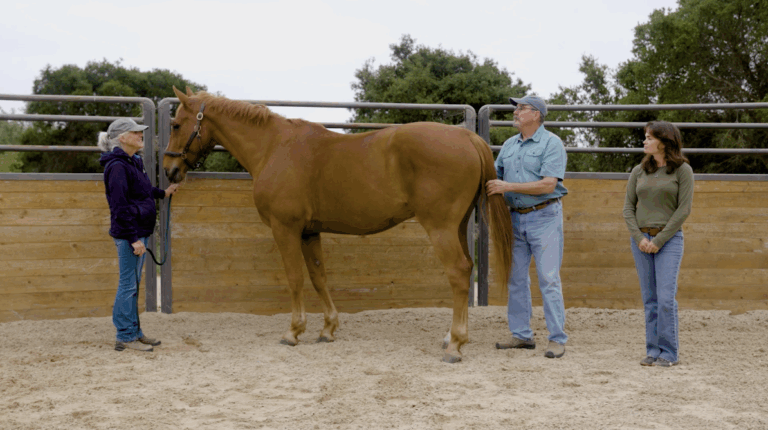
1. True or false: Shoes that pinch could cause you to develop a corn on your foot, but the same is not true for your horse.
T / F
2. A corn on the sole of your horse’s foot is essentially a…
A) wart.
B) bruise.
C) puncture.
3. A suppurative corn is one that is…
A) hard, dry, and irritated.
B) almost completely healed.
C) infected or abscessed.
4. Treatments for equine corns may include…
A) removing shoes, paring the sole.
B) draining, poulticing the sole.
C) any or all of the above.
HOW’D YOU DO? (Answers below.)
1. F is correct. Corns on horses’ feet are commonly caused by shoes that are too short and tight at the heels, or that’ve been left on too long (the shoe slips forward and the heel branches traumatize the “seat of corn,” where corns typically develop).
2. B is correct. Corns are bruises occurring at the back of the sole, in the angle between the hoof wall and the bars/frog. In addition to ill-fitting shoes, stones and hard surfaces can also contribute to the development of corns.
3. C is correct. Corns may be dry (mild bruising), moist (clear, watery discharge), or suppurative (infected or abscessed).
4. C is correct. All of these treatments may help to heal a corn. To prevent one in the first place, provide your horse with competent professional hoof care at frequent, regular intervals.
[SEE FOR YOURSELF where corns develop on horses’ feet.]
Hey! Not already receiving H&R’s fun and informative newsletter? Sign up right now for The Ride.


![[Aggregator] Downloaded image for imported item #35942](https://s3.amazonaws.com/wp-s3-horseandrider.com/wp-content/uploads/2025/10/20105738/EDCC-Unbranded-14-300x200-1.jpeg)

